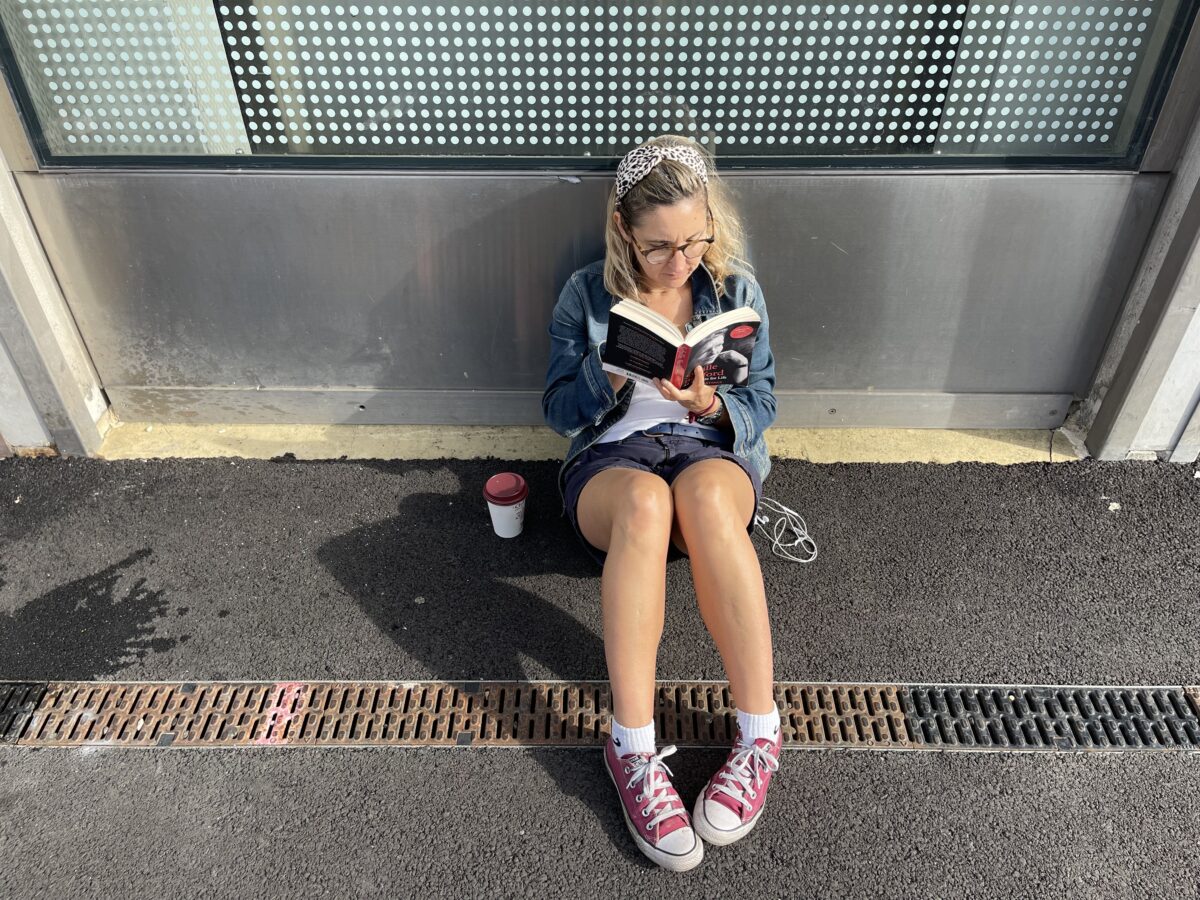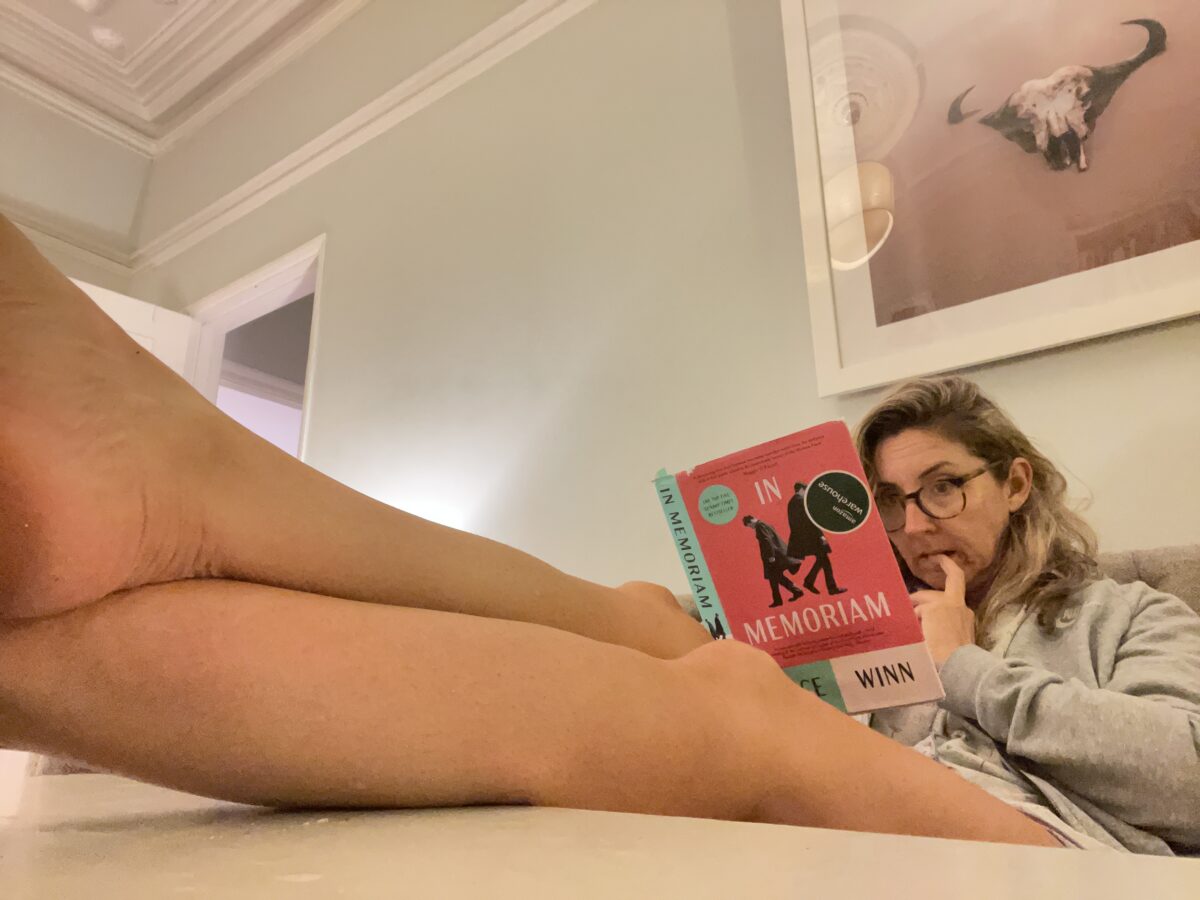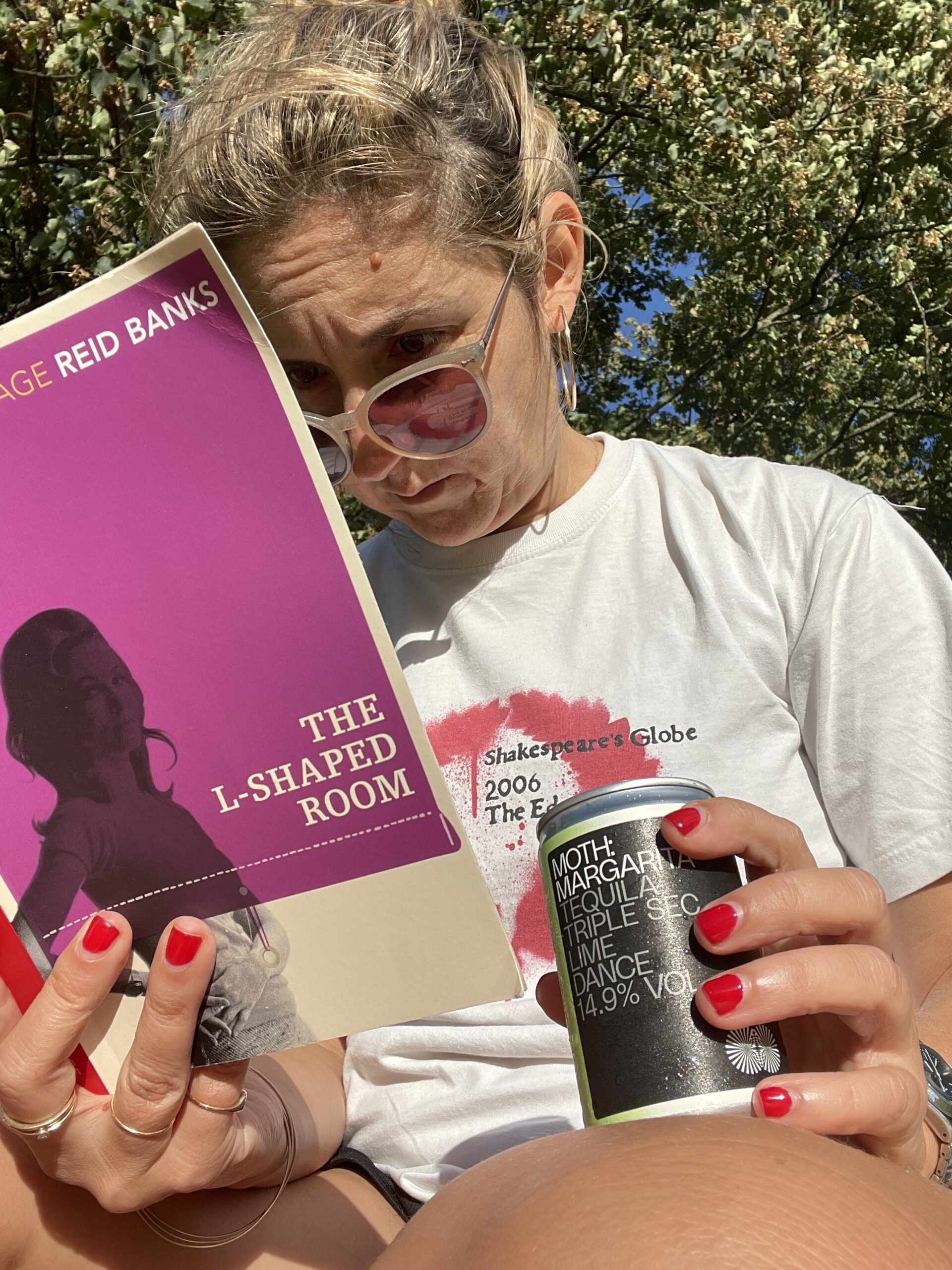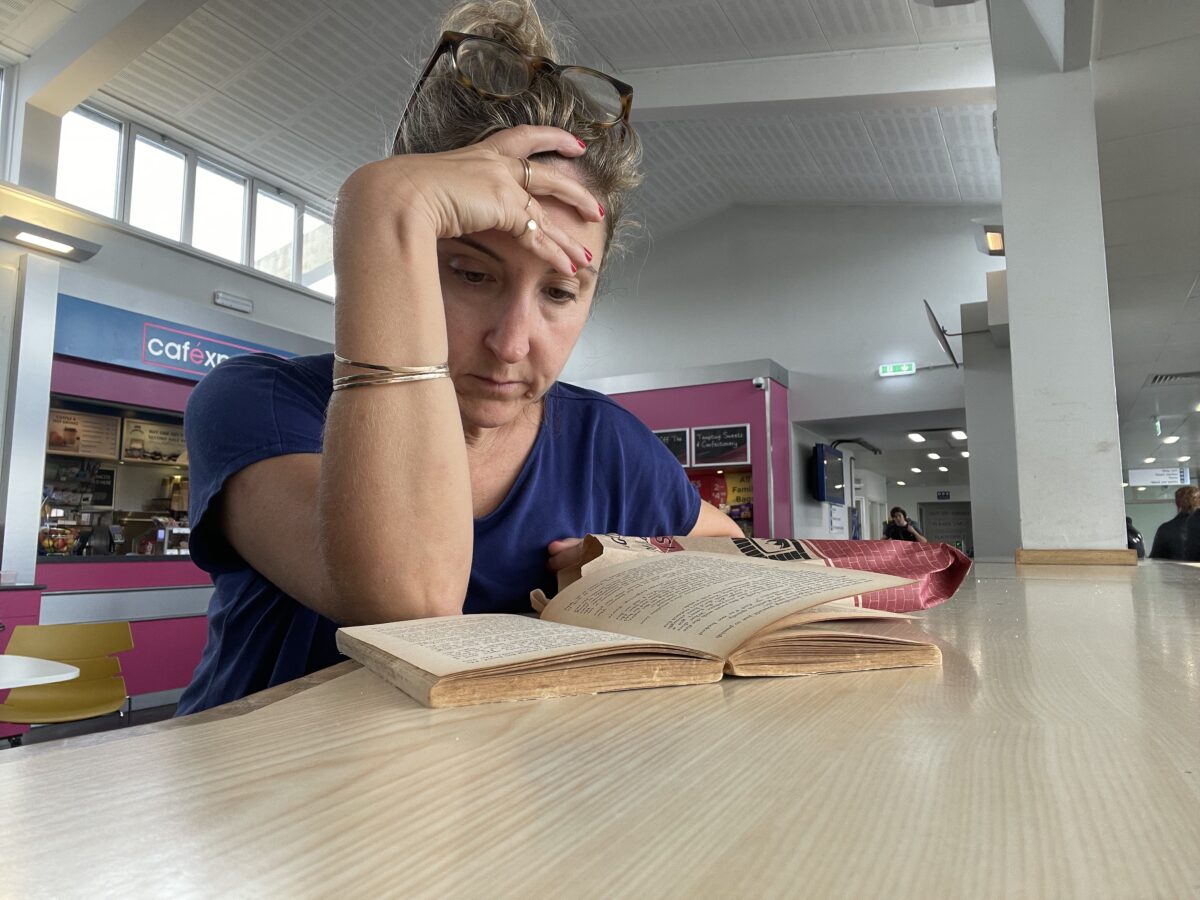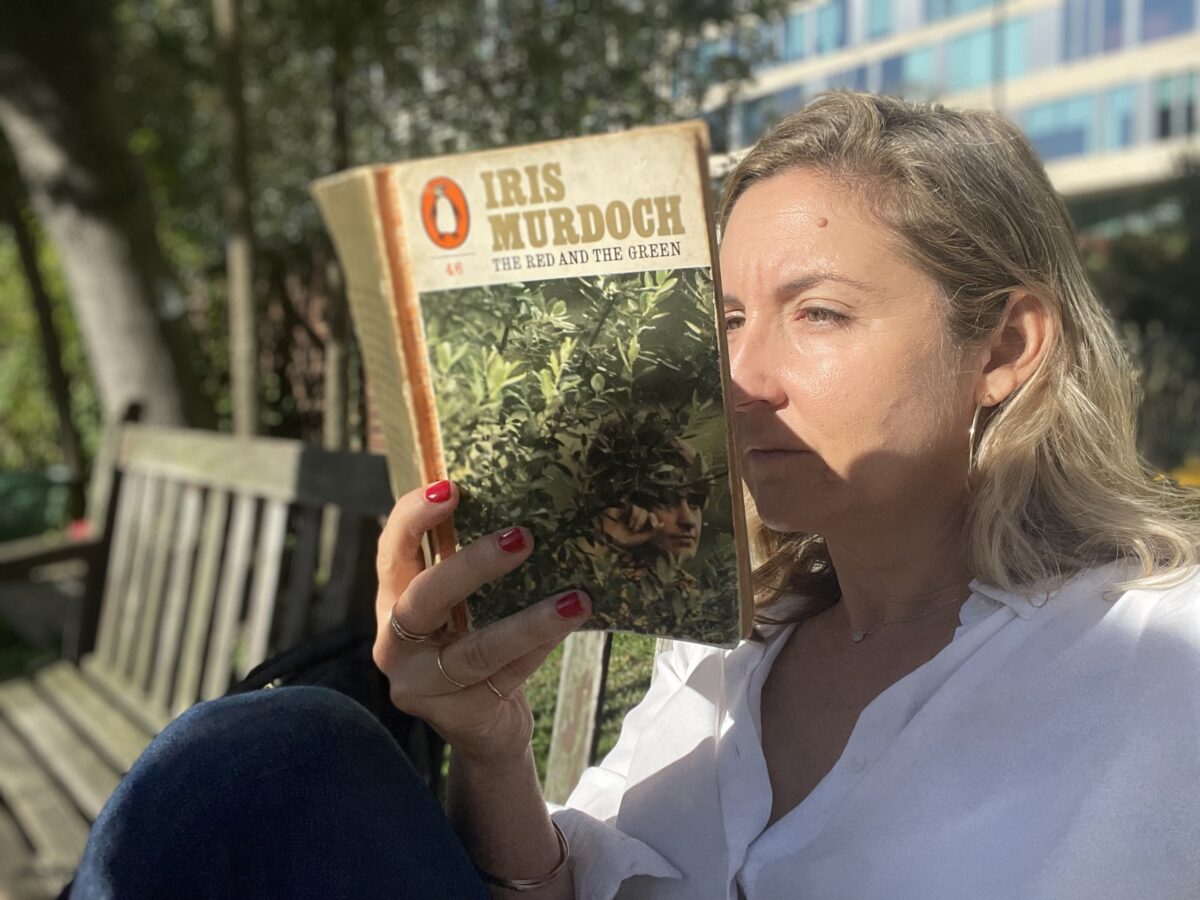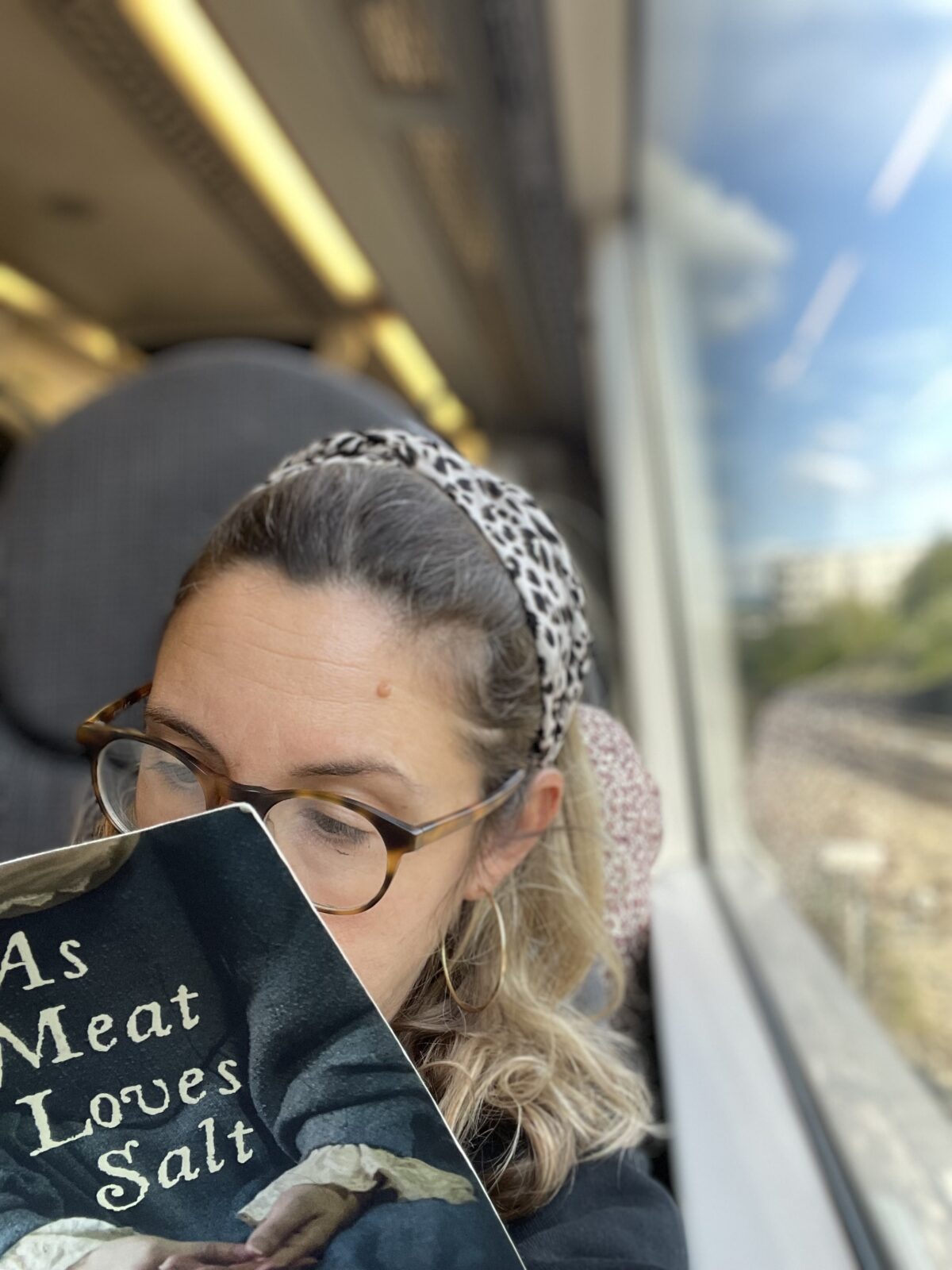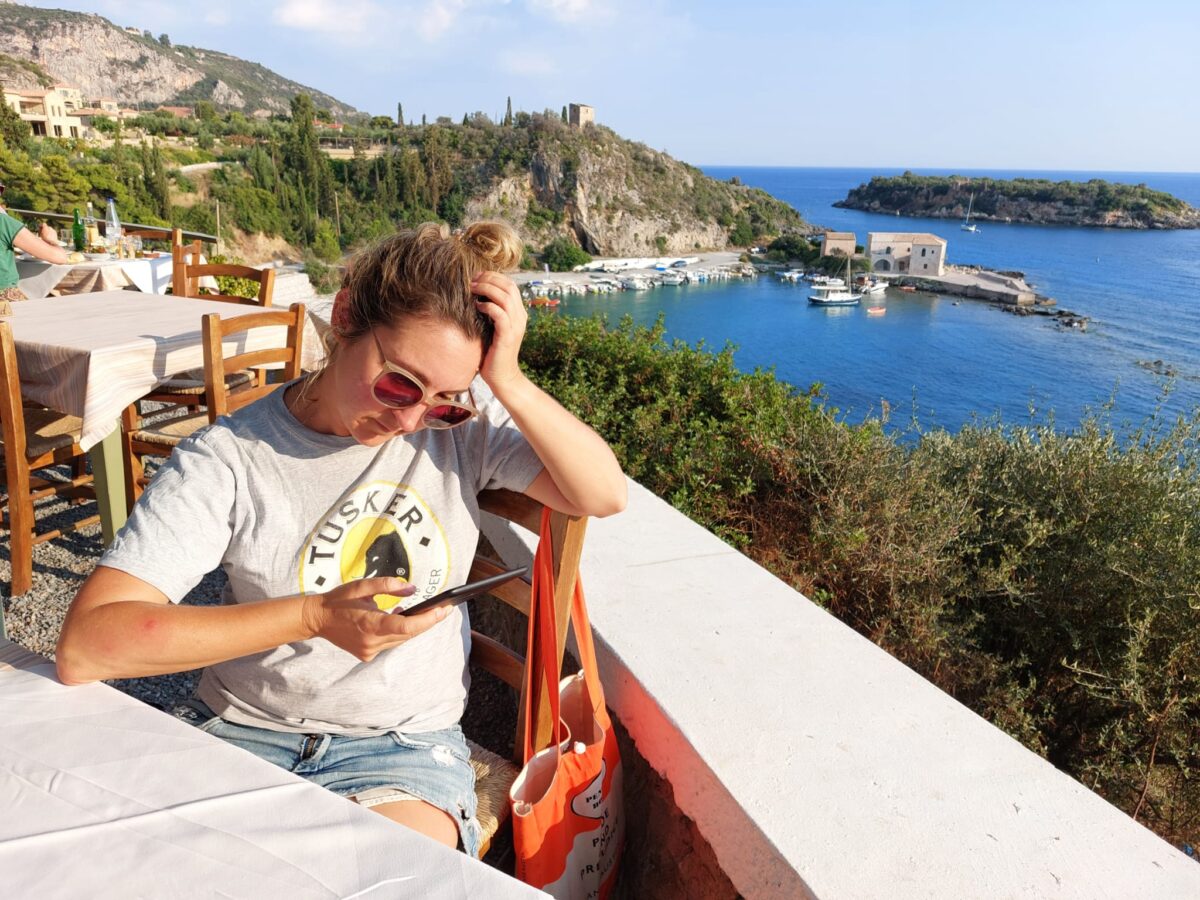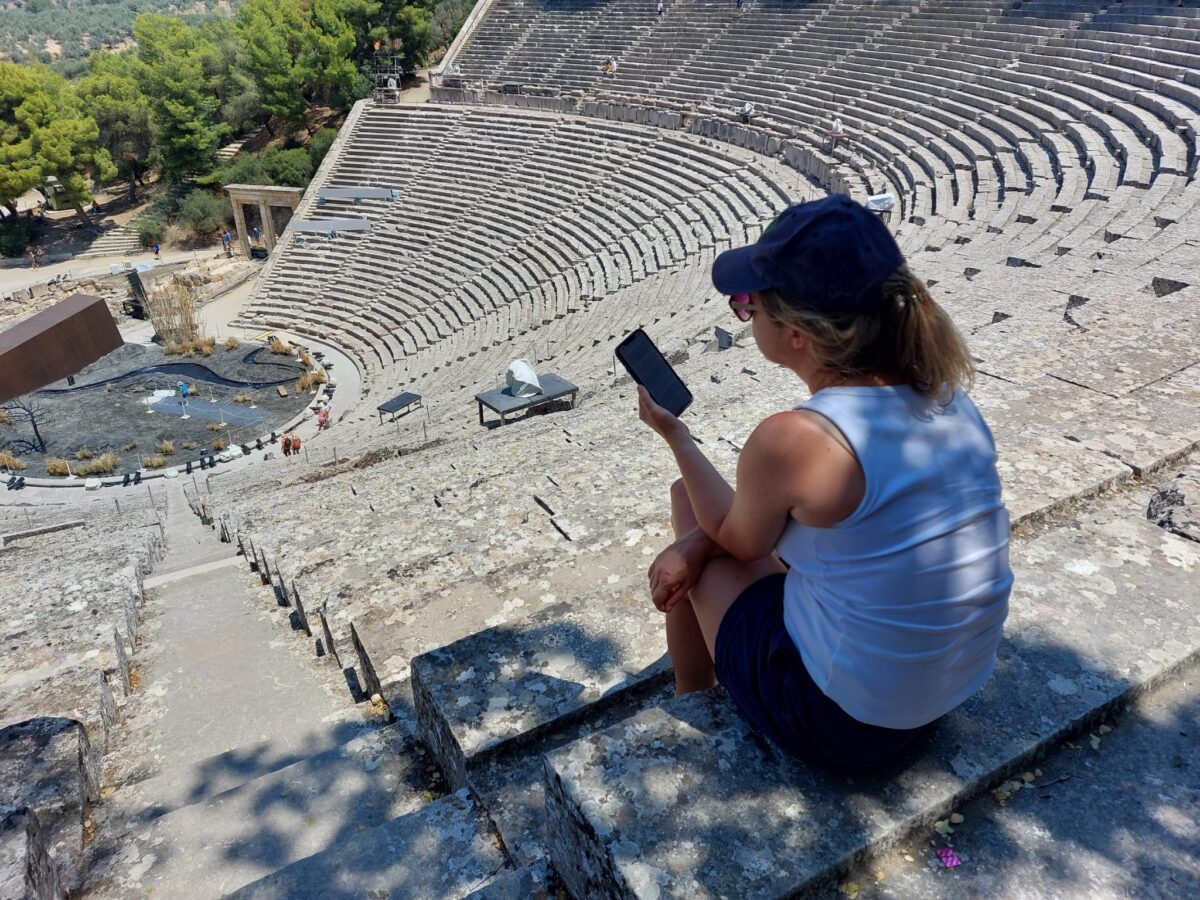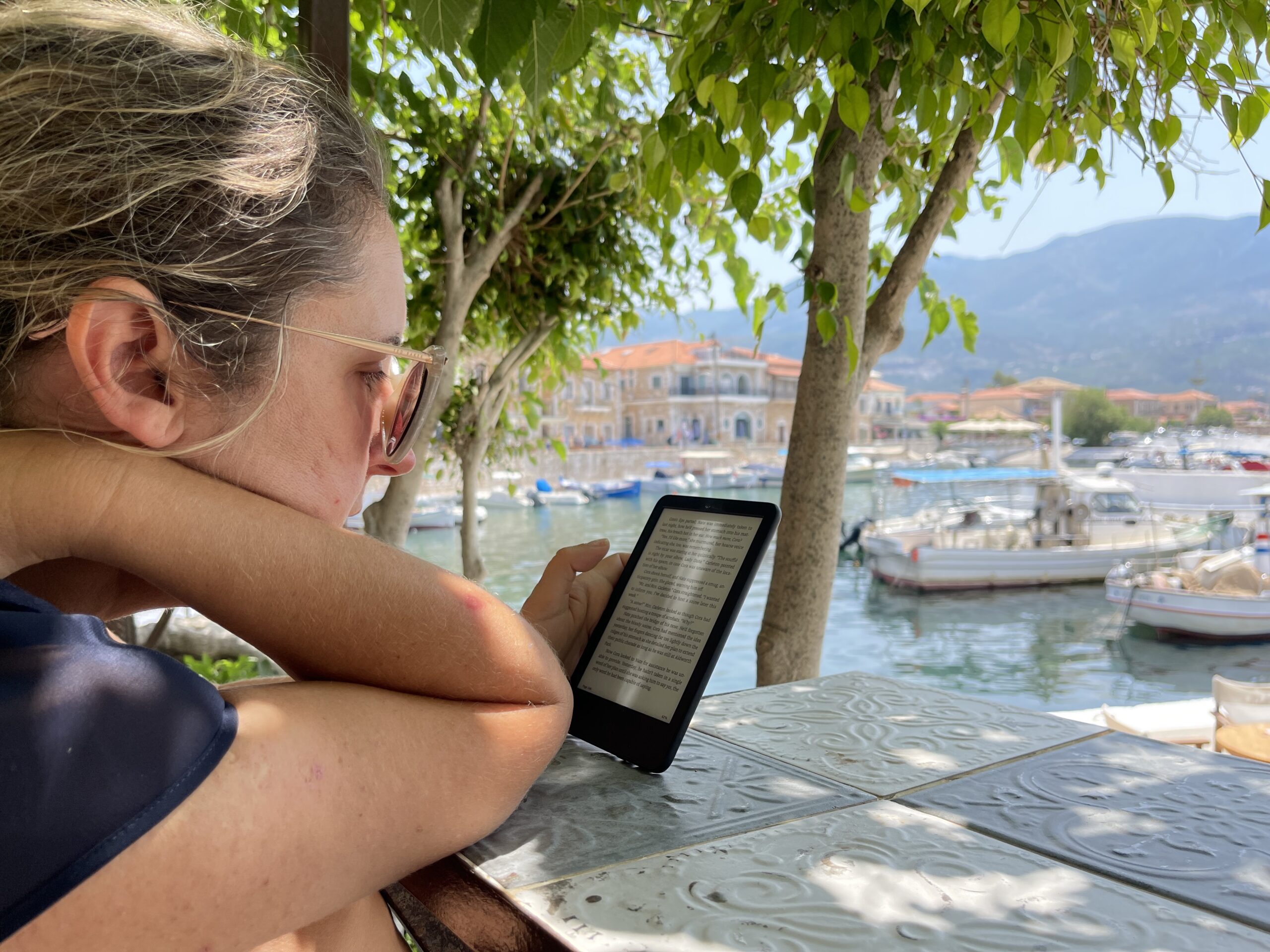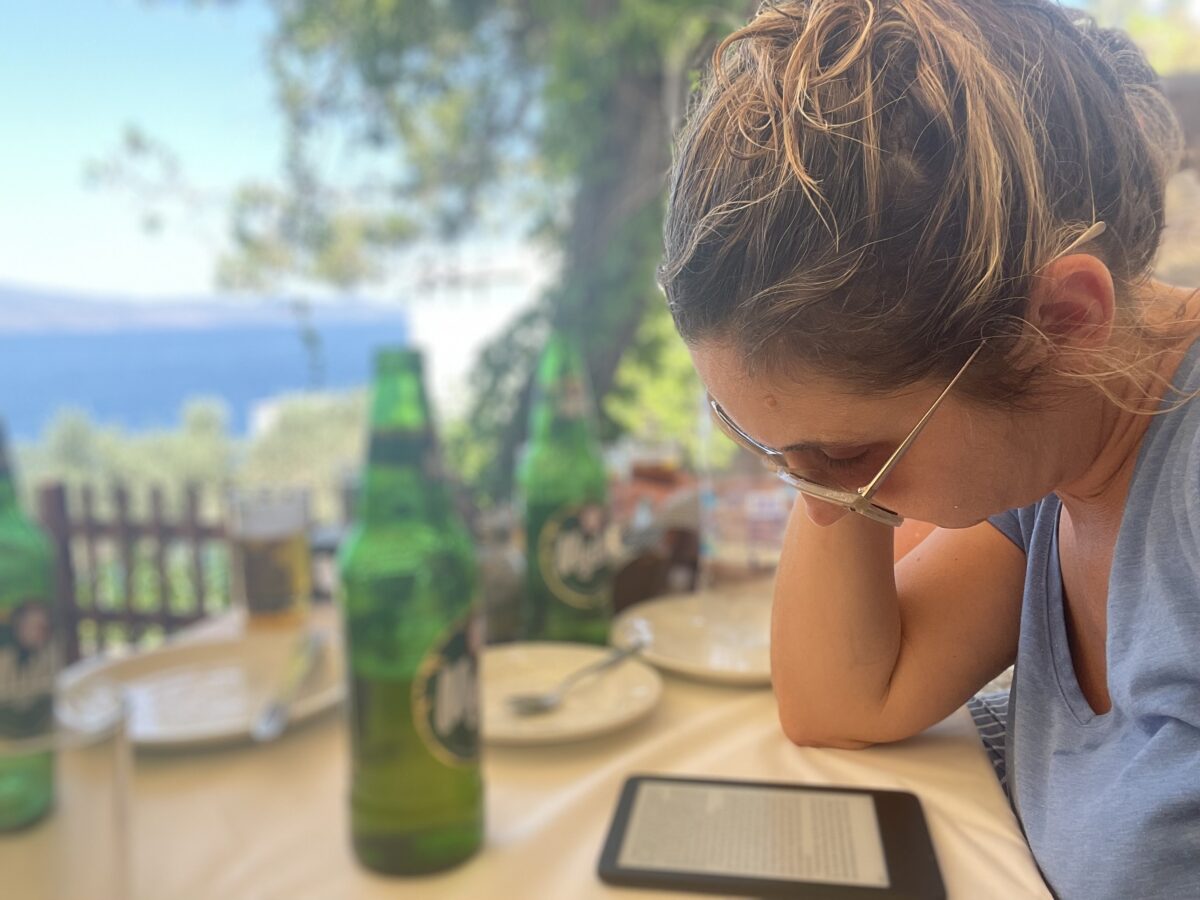Here is a book that presents the mind-boggling idea that you may not have to work at anything to be a worthwhile person. This is a biography of Sybille Bedford, who is is a writer I am familiar with through only one book (A LEGACY, which I randomly found in a second hand store). Bedford was born rich, but her family lost their money, and then she went ahead and lived off the money of her various friends. She didn’t seem to find this weird, and neither did they. It is just bizarre: she goes from summers in Provence to balconies in Rome, to English salons. She is gay and sleeps with everyone in a fifty mile radius. Basically, she focuses on having a wonderful time, and everyone thinks that is just fine. WHERE HAVE I GONE WRONG. It is totally inspirational.
This lady just LOVES TO HANG OUT. Here she is in an interview: “I love food, good food, simple, authentic. Taking food with friends has a sacramental dimension for me. It is part of the love of life. ” I just love this conscious focus on enjoyment. And it continued throughout. Even approaching seventy we are told she “had amassed a large number of friends, and was constantly adding to her social circle, going out most evenings, coming into contact with new worlds and sections of society.” In her nineties her girlfriend is in her fifties! Totally baller.

